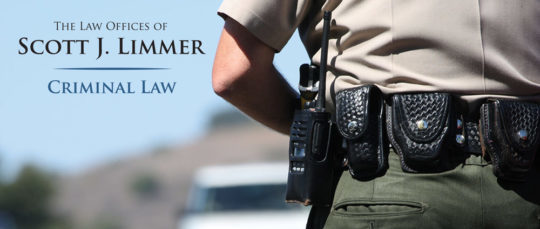Is the Taylor v City of Saginaw Case Proof That Courts Still Do Not Get Property Law Right?
In a first-ever decision, a federal appellate court has ruled a city unconstitutionally put chalk marks on tires to identify vehicles which remained in a parking spot longer than permitted.
In Taylor v City of Saginaw, a three-judge panel of the Cincinnati-based 6th Circuit in a brief 10-page decision told the Michigan city a parking enforcement officer who put chalk marks on the tires of parked vehicles engaged in warrantless searches violating the Fourth Amendment.
Alison Taylor, a local resident who had racked up 15 parking tickets within a three-year period, challenged the city’s practice, suing not only the city, but the parking enforcement officer who had chalked her tires and issued the tickets. She lost in federal district court, where the judge decided tire-marking fell under an exception to official law enforcement searches for “community caretaker” functions, and a lower expectation of privacy applies to vehicles.
But when Taylor appealed to the 6th Circuit, the three-judge panel on April 22 reversed the district court, and ruled chalking tires didn’t qualify for the exception, since the city failed to demonstrate any connection between public safety or harm to the community and the amount of time Taylor’s vehicle remained in a parking space, or show delay in getting a search warrant would cause any harm.
The appellate court’s review posed two questions: does the tire chalking constitute a search subject to the Fourth Amendment, and, if so, does any exemption allow it to be performed without a search warrant? As with the district court, the 6th Circuit held that marking the tires of parked vehicles constituted a search, but its analysis differed.
It cited two Supreme Court cases on searches. The better-known case (Katz v. United States) in 1967 defined a search as encompassing a government official’s invasion of an area (with no “physical intrusion” required) in which society recognizes a reasonable expectation of privacy. The less-known case (United States v. Jones) takes a more property-oriented approach, defining a search as a government trespass on a constitutionally protected area, in order to obtain information. In that 2012 case, the government secretly attached a GPS device to a vehicle to track its movements.
Finding Jones the more apt authority than Katz, the appellate panel found that the tire chalking amounted to a physical trespass, even though it caused no damage. And it was clearly for the purpose of obtaining information for the government.
Turning next to how reasonable the search was, the appellate decision rejected the district court’s claim that it was justified by a lower expectation of privacy for vehicles. It found the cases cited by the district court dealing with a lower expectation of privacy actually turned on having probable cause for a warrantless search. Further, the community caretaker exception was inapposite, since the search was not to avoid harm to the community, but to help raise parking revenues.
Despite the decision’s novelty in the Taylor v City of Saginaw case, its wider impact is still uncertain. Right now, it has authority only in the four states within the 6th Circuit (Kentucky, Michigan, Ohio, and Tennessee). And government alternatives to tire chalking include installing meters or videotaping cars in time-limited parking spots.
About the Author
Scott J. Limmer is a New York criminal attorney practicing primarily in Nassau, Suffolk, and Queens counties. You can contact Scott anytime. He is available 24 hours a day, 7 days a week, year-round and your initial consultation is free.
